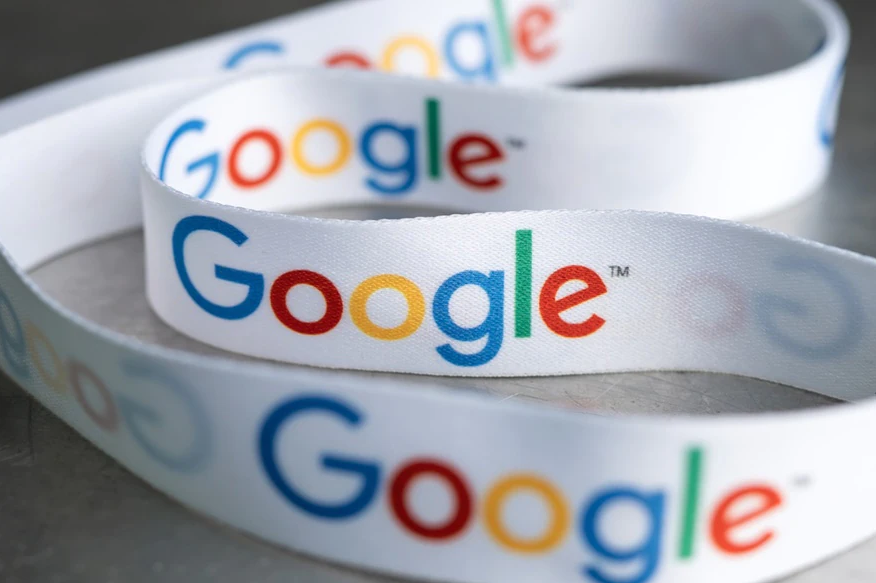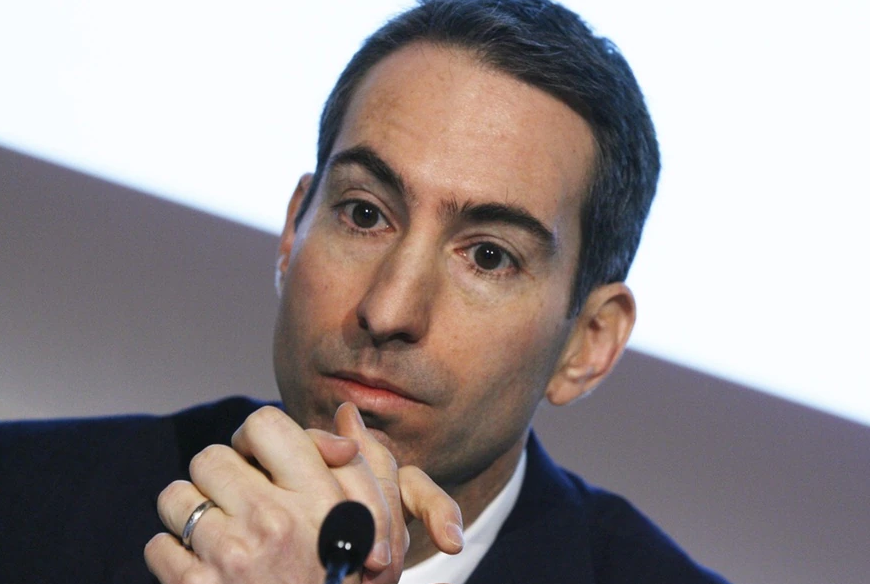The way that the Swiss watch television today has changed a bit since the 1960s. akg-images In a little over a year Play Suisse, the streaming service of the Swiss Broadcasting Corporation (SBC), has become a major player in the Swiss digital landscape, surpassing platforms like Disney+ and Amazon Prime Video. Critic Max Borg looks at the strengths and weaknesses of Play Suisse and its rivals. To mark the first anniversary of Play Suisse, the SBC, SWI swissinfo.ch’s parent company, last week published user statistics based on internal data and third-party research by Digimonitor, which specialises in surveying the population’s digital habits. Digimonitor’s most recent study, unveiled at the end of August, showed that Play Suisse, which launched on November 7,
Topics:
Swissinfo considers the following as important: 3.) Swissinfo Business and Economy, 3) Swiss Markets and News, Culture, Featured, newsletter
This could be interesting, too:
Nachrichten Ticker - www.finanzen.ch writes Die Performance der Kryptowährungen in KW 9: Das hat sich bei Bitcoin, Ether & Co. getan
Nachrichten Ticker - www.finanzen.ch writes Wer verbirgt sich hinter der Ethereum-Technologie?
Martin Hartmann writes Eine Analyse nach den Lehren von Milton Friedman
Marc Chandler writes March 2025 Monthly
In a little over a year Play Suisse, the streaming service of the Swiss Broadcasting Corporation (SBC), has become a major player in the Swiss digital landscape, surpassing platforms like Disney+ and Amazon Prime Video. Critic Max Borg looks at the strengths and weaknesses of Play Suisse and its rivals.
To mark the first anniversary of Play Suisse, the SBC, SWI swissinfo.ch’s parent company, last week published user statistics based on internal data and third-party research by Digimonitor, which specialises in surveying the population’s digital habits.
Digimonitor’s most recent study, unveiled at the end of August, showed that Play Suisse, which launched on November 7, 2020, has already made progress in winning over viewers. Regarding the major streaming services, the study found that Netflix is viewed by 42% of the Swiss population, followed by Play Suisse (10.2%), Disney+ (9.7%), Apple TV+ (4.8%) and Amazon Prime Video (4.5%).
The streaming landscape is bound to get even more fragmented in a few months when Paramount+ and Peacock – the latter owned by NBCUniversal – make their larger European debut (both will be available through Sky in Switzerland).
Netflix’s dominant position is not surprising: it’s been available in Switzerland since September 2014 and has arguably found the right balance between original productions and library content, with its daily Top 10 reflecting viewer choices that generally combine new releases with (slightly) older titles. At the time of writing, the list included the 2016 comedy Central Intelligence, most likely due to the success of the recent Red Notice, also directed by Rawson Marshall Thurber and starring Dwayne “The Rock” Johnson.
The service is truly global, with original titles coming from the US (Stranger Things), South Korea (Squid Game) and Germany (Dark), among others.
At the latest edition of the Geneva Digital Market, which took place within the framework of the Geneva International Film Festival, Netflix made it clear that its new DACH division, covering Germany, Austria, and Switzerland, is very keen on developing or acquiring original Swiss stories. However, expanding the library with existing local films and shows is largely off the table, not least because that is Play Suisse’s territory.
‘Boutique service’
Launched little over a year ago, the SBC’s platform, which currently has 2,700 titles, aims to bring the best of Swiss fiction and documentary film and television to viewers nationwide, with subtitles in all official languages (German, French and Italian) – and the bonus of being able to stream an entire season once the first episode has aired in its native linguistic region.
It is what one would call a boutique service, since it caters to a very specific viewership and comes with certain limitations (owing to rights issues, international availability of the platform is restricted to people with a Swiss phone number and post code). It is also free, which gives it an edge over other streaming platforms.

The Play Suisse menu: launched a year ago, the SBC’s streaming service is free and available to anyone in Switzerland. Alexandra Wey/Keystone
Yet pricing alone is not what determines Netflix’s elevated status over the likes of Apple and Amazon (both part of larger companies that do not rely solely on streaming subscriptions, unlike Netflix).
Amazon Prime Video, in particular, is frequently criticised for having a user interface that is anything but user-friendly, and also suffers from having a certain library overlap with Netflix in several countries (though not so much in the United States, where each platform tends to have exclusive deals for third-party content such as Seinfeld or The Office).
Furthermore, while Amazon Prime Video – which has been available worldwide since December 2016 – does have a wider selection than Netflix when it comes to older films (those made before 1990, or even 2000), it comes with a major caveat in countries where dubbing is commonplace: depending on the individual title and rights holder, viewers are frequently stuck with the dubbed version (German, Italian or French in Switzerland) and thus have to look elsewhere for the subtitled one.
As for Apple TV+, which launched in November 2019, the main drawback is the platform’s “quality over quantity” approach: while the originals on offer are generally well liked by critics and viewers, there’s too few of them to justify paying for yet another service. And aside from a few select titles tied to their own productions (revivals of Fraggle Rock and the Peanuts franchise, for example), Apple’s policy so far has been library-adverse. An additional technical hurdle is that access to the service is restricted to Apple products (it’s housed within the Apple TV app), while all the other platforms are available on a variety of devices.
Then there’s Disney+, which arrived in Europe in March 2020 and, according to experts, is likely to surpass Netflix’s overall subscriber count by 2027 (as of November 2021, Disney+ has 118 million active users worldwide, while Netflix has 214 million. Amazon Prime Video stands in between with 175 million, and Apple TV+ trails with fewer than 20 million). Disney+ currently boasts 650,000 users in Switzerland (more than Apple and Amazon combined), and its popularity is easily ascribed to the nature of the Disney company itself: a reliable provider of family-friendly films and shows.
However, this family-friendly reputation can also be a drawback, hence the recent inclusion of the Star tab with adult-oriented material. In addition, Disney’s cultural ubiquity means most of the high-profile titles are ones the average viewer is likely to have already seen, and the most notable original productions are primarily connected to Marvel and Star Wars, meaning there’s little incentive to sign up for those who aren’t fans of either franchise.
Two services for the price of one
Which leads us back to Play Suisse, a service that meets all the requirements to have a competitive advantage: its catalogue doesn’t really overlap with any other streamer’s in Switzerland (select films are available on Apple TV+, but only for rental/purchase), the titles on offer are aimed at a wide range of viewers, and they can be enjoyed in all possible versions (subtitles and, when available, dubs in the national languages).
It stands to reason, then, that Play Suisse could reach Netflix-like numbers (2.8 million users) by effectively providing what the latter won’t: a vast archive of Swiss fiction films, television shows and documentaries, with no intention of producing material meant directly for streaming without a theatrical or linear television debut.
Conversely, Netflix intends to add Swiss originals to its catalogue (the sole criterion for inclusion: they need to have something that will appeal to a global viewership), while leaving the library function to the SBC. The two platforms will complete each other, covering the lion’s share of viewers’ interests. Two services for the price of one. Literally.
The views expressed in this article are solely those of the author, and do not necessarily reflect the views of SWI swissinfo.ch.
Tags: Culture,Featured,newsletter









